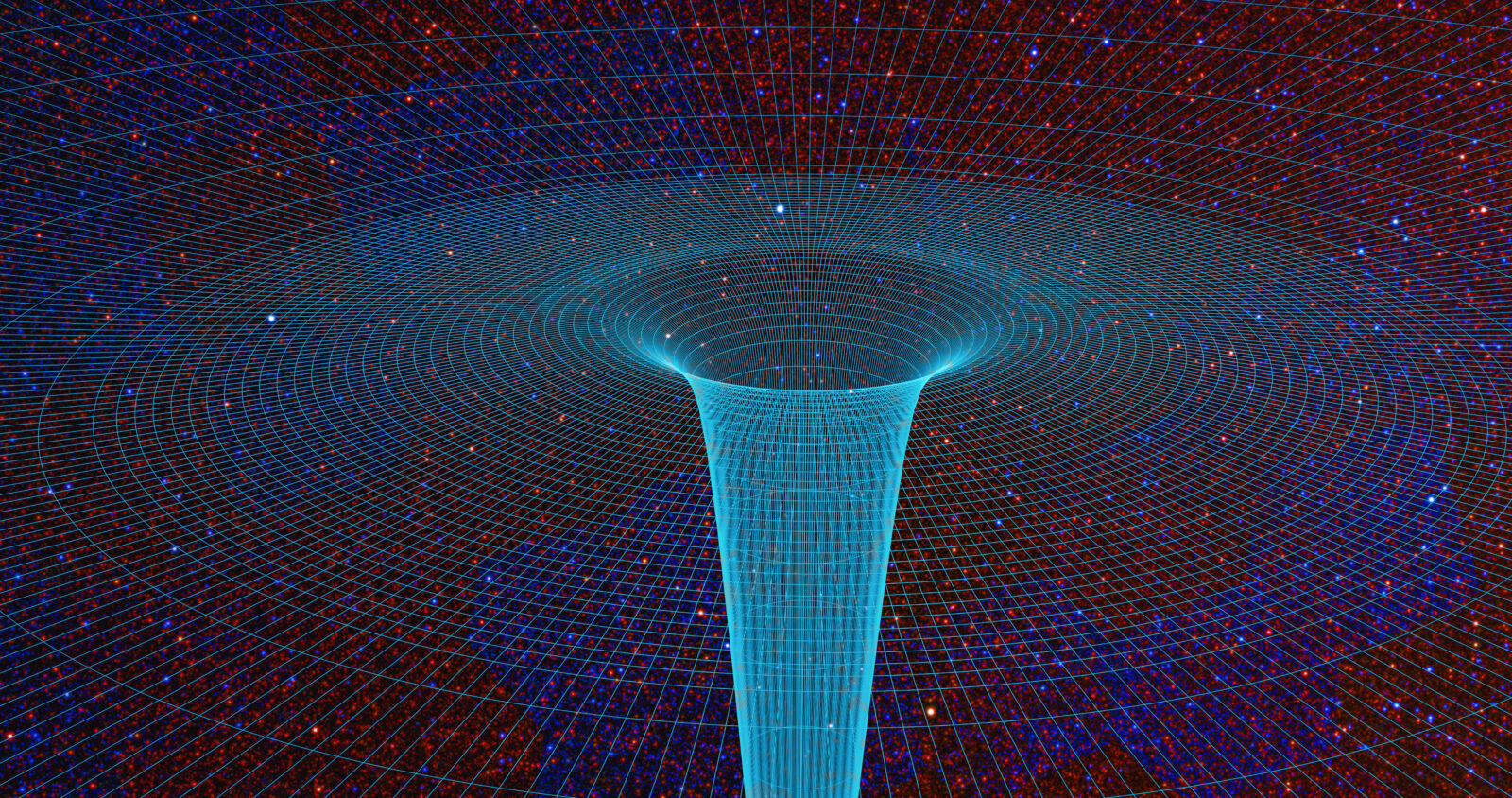
Rejecting the Multiverse: Elie Feder and Aaron Zimmer
It can be tempting to dismiss the idea of the multiverse as unobservable fantasy. But what happens when the available evidence for it is given a fair shake? On this ID The Future, physicist Brian Miller begins a conversation with mathematician Elie Feder and physicist Aaron Zimmer, hosts of the Physics to God podcast, about their unique formulation of the fine-tuning argument and their rigorous examination of the multiverse hypothesis. In Part 1, Feder and Zimmer explain how their podcast got started and what they’ve covered so far. In their first season, they break down the fine-tuning and initial conditions of the universe and show how the evidence points to an intelligent cause. In Season 2, out this year, they Read More ›




